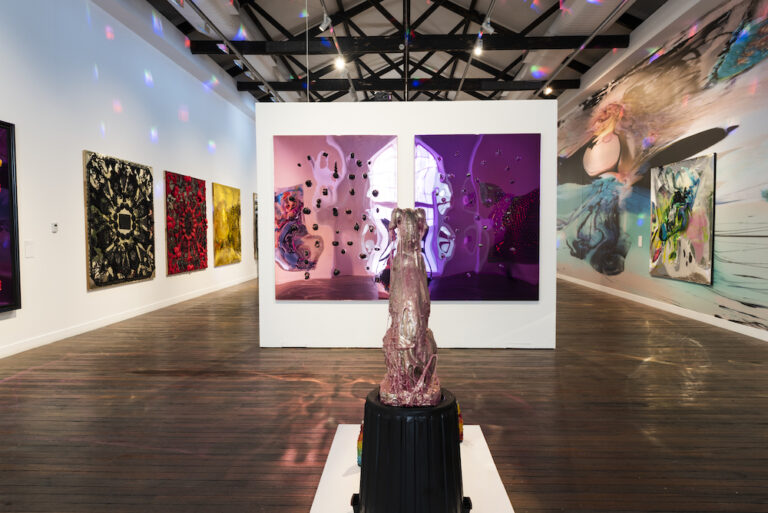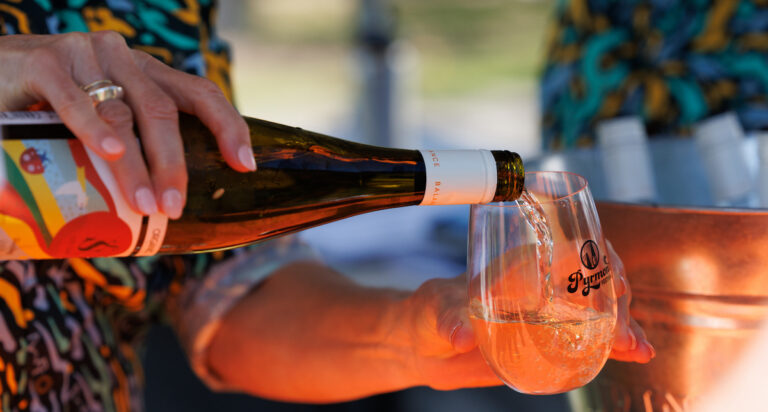
Kings Cross violence spurs liquor review call

Momentum is growing for serious consideration and review of the NSW Liquor Act to combat alcohol-related violence in Kings Cross and elsewhere in Sydney.
In a letter sent to City News, City of Sydney Councillor Jenny Green stated: “The Liquor Act must be comprehensively and courageously amended to address the devastating effects of alcohol-related violence and the increasing associated cost to society.
“Governments, councils and communities need to take ownership back from the liquor industry and reverse the order of revenue raising and accountability.”
Following the assault and death of Thomas Kelly in July 2012, the Kings Cross Liquor Accord was replaced by special licence conditions aimed at reducing alcohol-related violence and anti-social behaviour.
The Liquor Act 2007 regulates the sale and supply of liquor in NSW. Liquor Accords are voluntary industry-based partnerships including local businesses, councils, police, government departments and community organisations working to solve liquor-related problems.
Ms Green’s letter recommended Liquor Accord membership for all venues with a liquor licence, three-year liquor licences with yearly reviews, extended operating hours for the Kings Cross Railway Station and community input into granting licences.
“Like any other licence given out, it should be reviewed,” she wrote. “If there have been issues with poor management and insufficient staff training, then that needs to be dealt with. Clean-up costs must be shared between ratepayers and responsible venues.”
A survey of 1,114 Australians in June, conducted for the Foundation for Alcohol Research and Education (FARE), showed 94 per cent of those surveyed were concerned about alcohol-related violence, but only 17 per cent thought governments were doing enough to shield the community from potential harms accrued as a result of alcohol.
FARE stated that reforms “must acknowledge that the current system of regulation is not adequately mitigating the harms that so frequently result from alcohol”.
FARE CEO Michael Thorn proposed similar reforms to Ms Green, including removing the policy responsibility of liquor licensing regulation from the industry-focused portfolio of the Department of Trade and Investment and “introducing annual risk-based liquor licence fees for liquor licensees to ensure that they are contributing to the substantial costs of regulating, policing and preventing alcohol-related harms”.
Some pundits have branded blanket restrictions in Kings Cross discriminatory. Adrian Bartels, Chair of the Potts Point Partnership, said “each case should be looked at on its merits”.
“Good operators with no or low records of anti-social behaviour on their premises should be given an exemption as a trial, which can be revoked following any rise in such behaviour,” he said.
“Otherwise, blanket restrictions negatively impact good operators who should be able to trade as part of a vibrant late night economy.”
George Souris, Minister for Tourism, Major Events, Hospitality and Racing, will table a report on the Liquor Act to NSW Parliament in December. Until then, the extent of restrictions to be placed on liquor retailers, and the extent to which community concerns will impact any new legislation is unknown.









